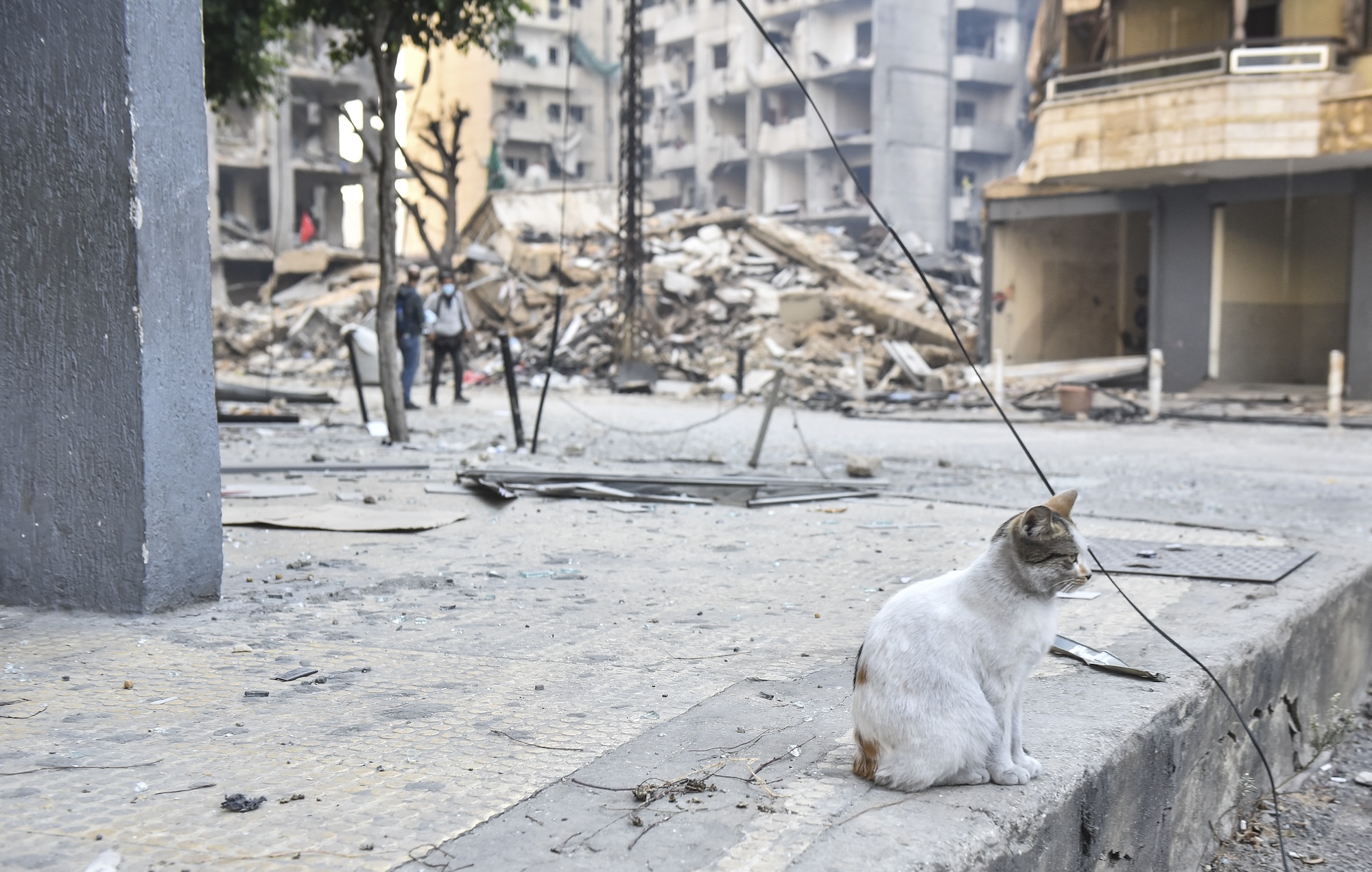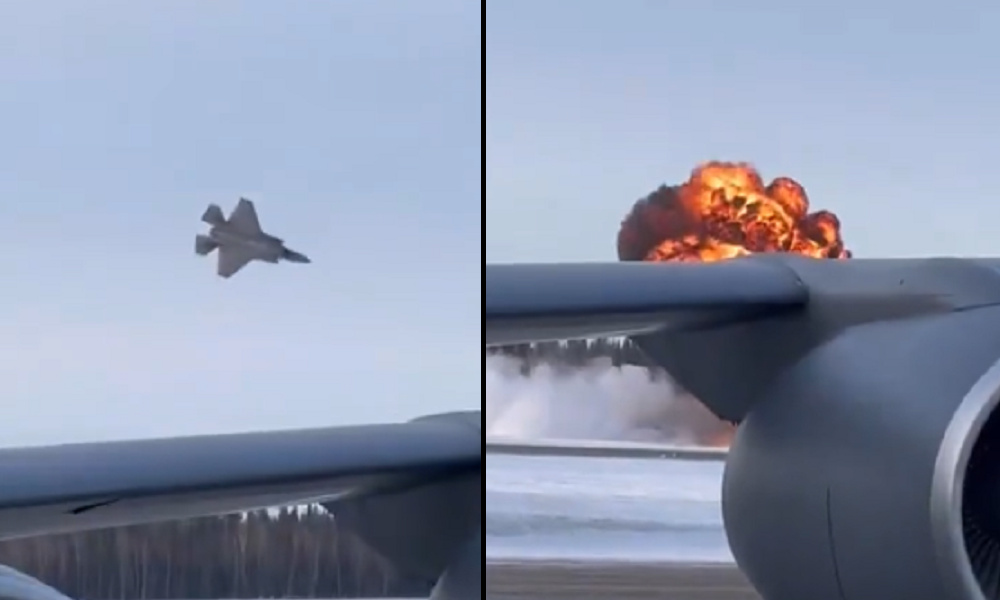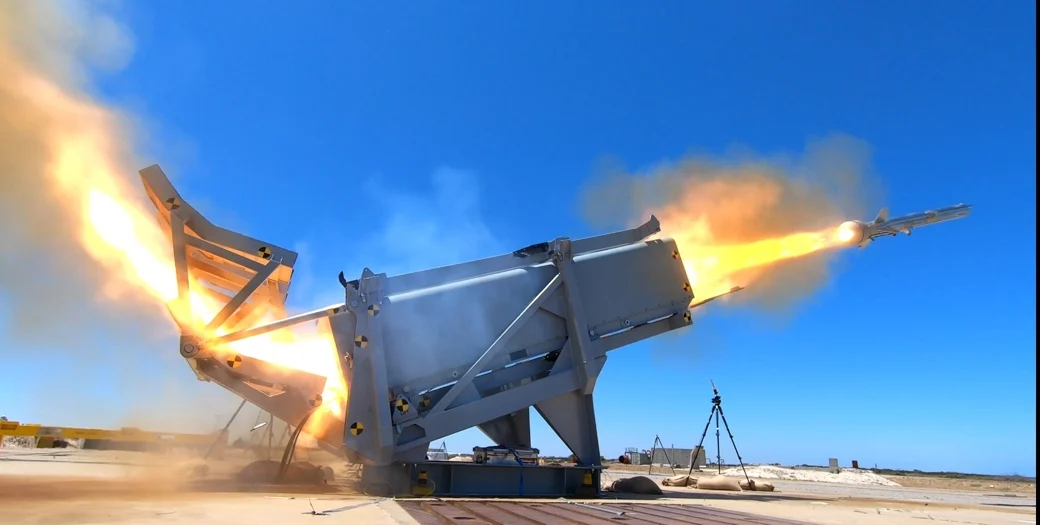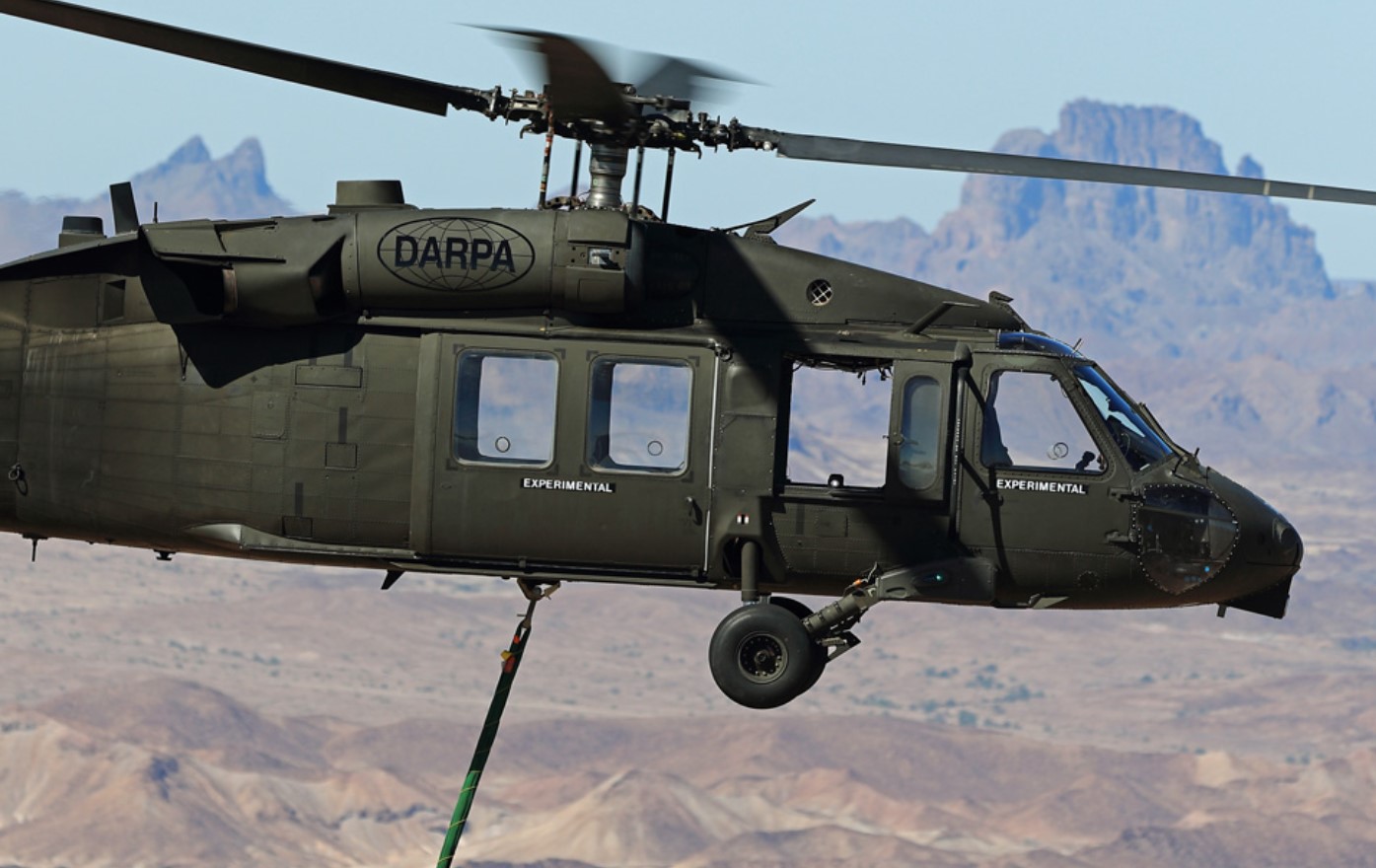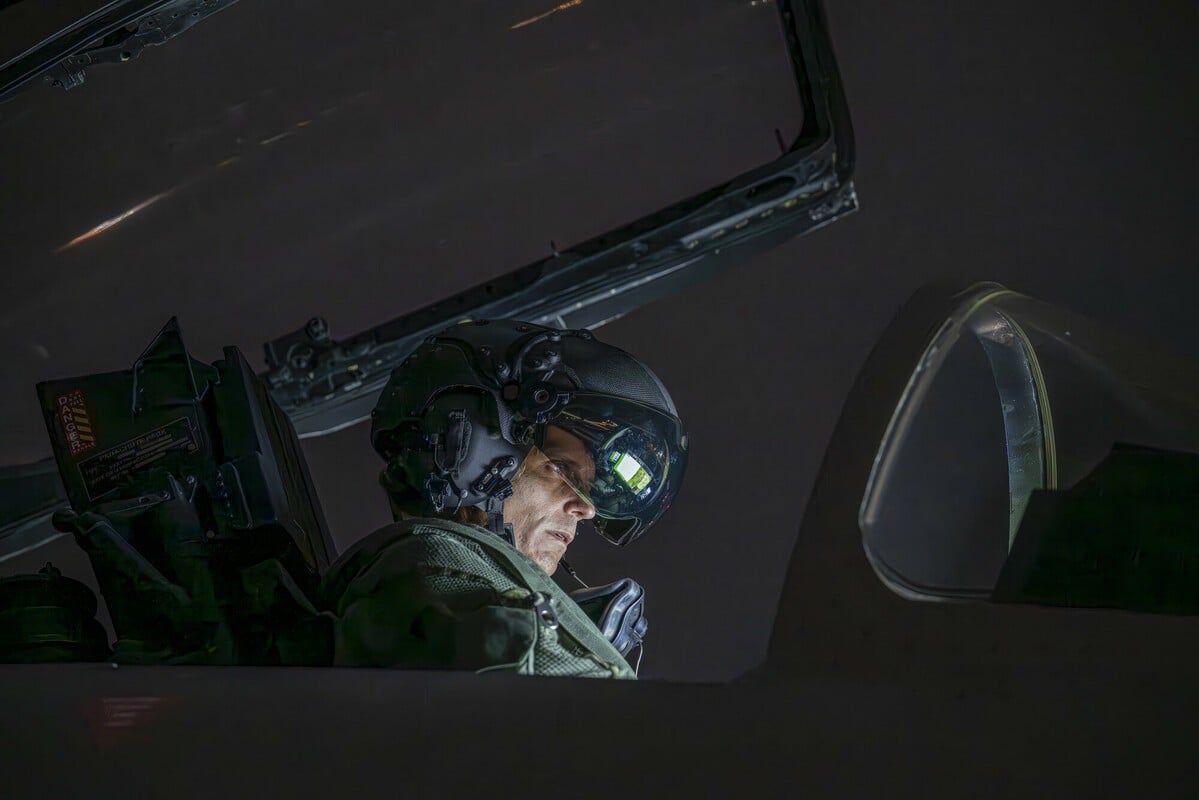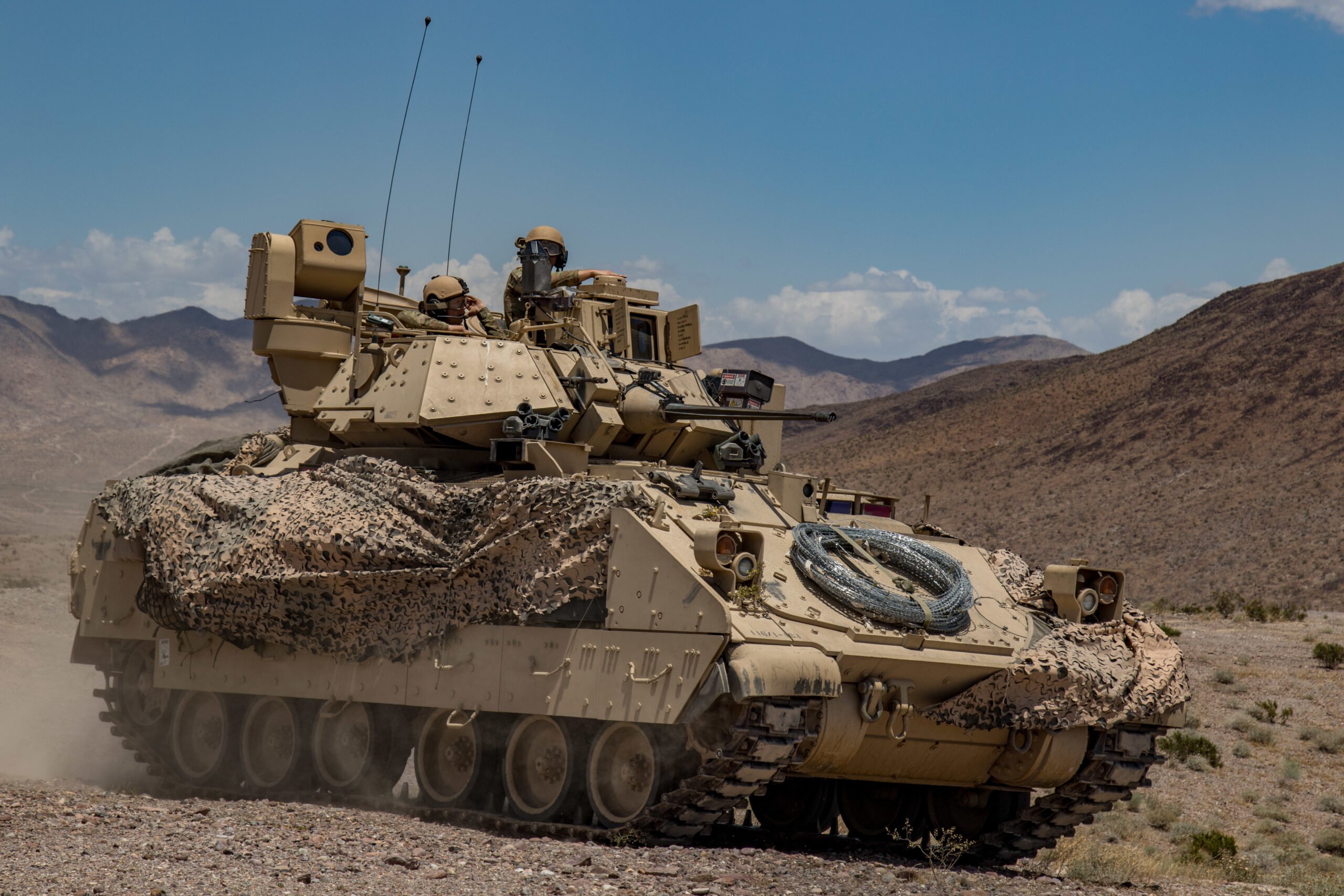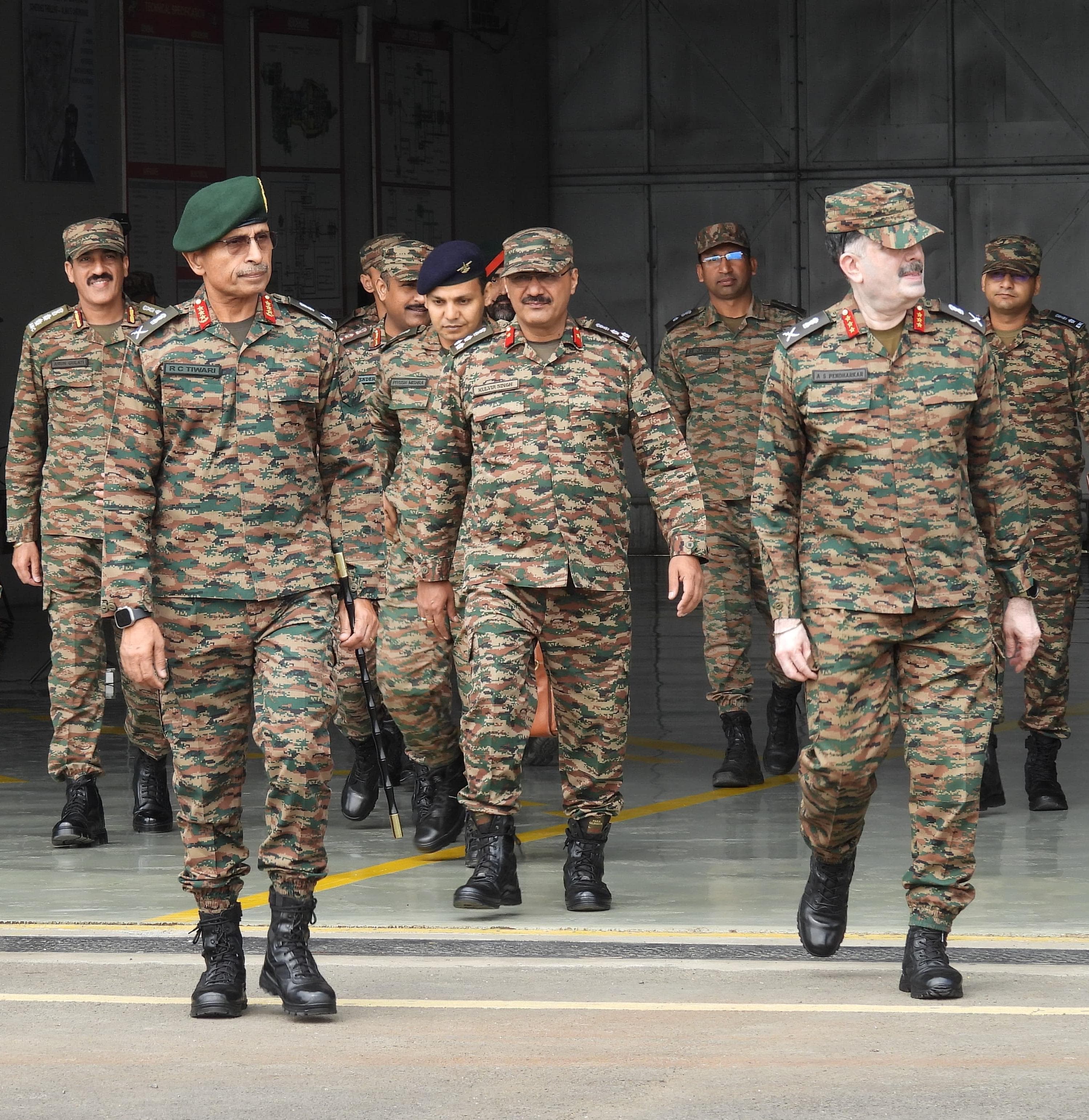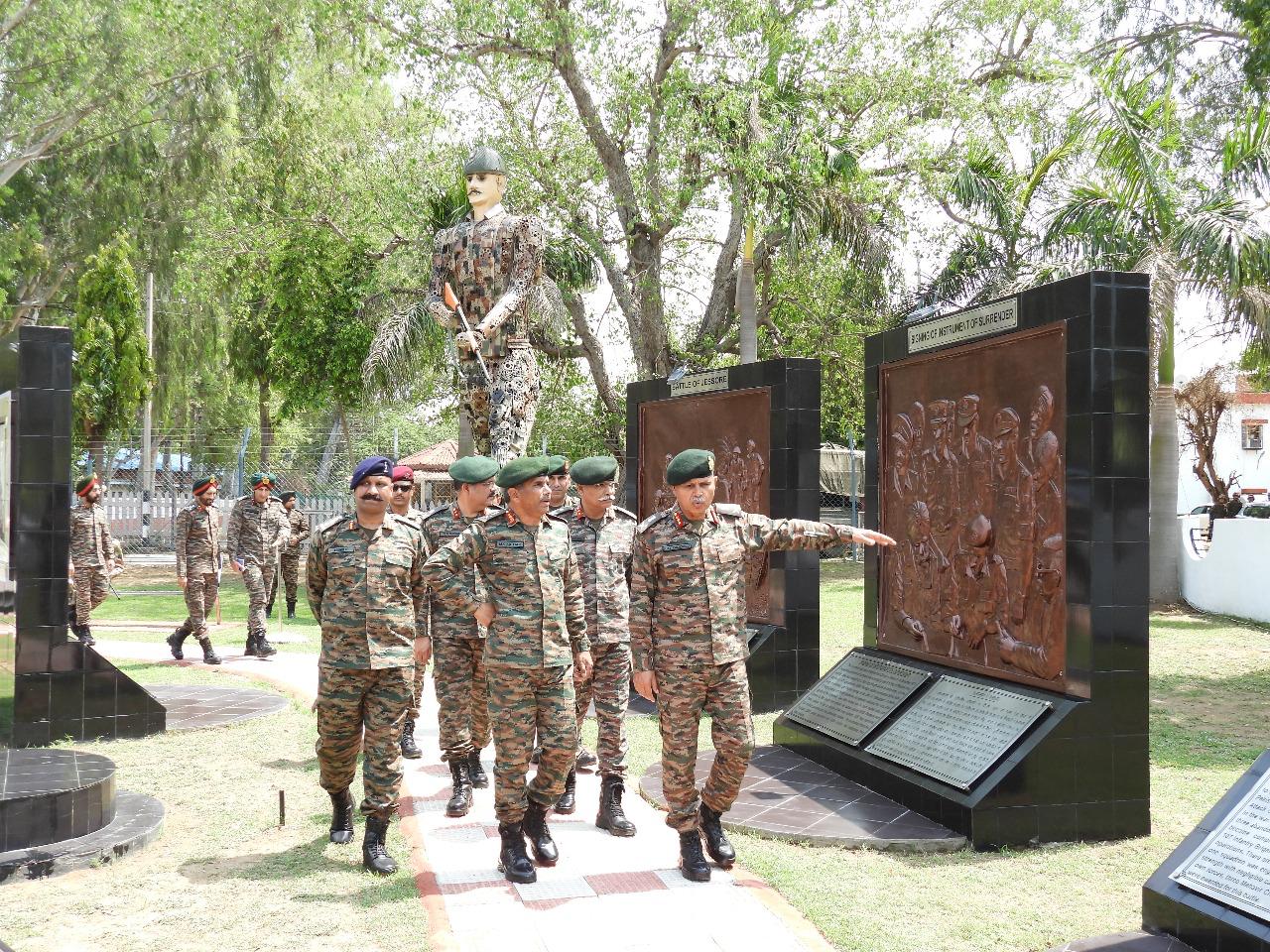A ceasefire between Israel and Hezbollah has officially come into effect, marking a significant moment after more than a year of sustained conflict that has claimed thousands of lives. The truce began early Wednesday at 4:00 AM local time and aims to halt a war that has forced tens of thousands of residents in Israel to evacuate their homes, while over 900,000 people have been displaced in Lebanon.
The hostilities began in October 2023 when Hezbollah initiated cross-border assaults in solidarity with its Palestinian ally Hamas after the latter’s attack on Israel. The ensuing conflict has resulted in extensive air strikes across Lebanon and the deployment of Israeli troops along the border, with significant casualties reported on both sides. According to official figures from Lebanon, at least 3,823 people have died due to the exchanges of fire, with heightened violence occurring in recent weeks as Israel expanded its military operations against Hezbollah. On the Israeli side, the toll includes at least 82 soldiers and 47 civilians.
In the lead-up to the ceasefire, the final hours were particularly violent, with Israel launching a series of strikes targeting central Beirut. Despite the announcement of the truce, Hezbollah reportedly engaged in retaliatory attacks on northern Israel.
This truce was facilitated by U.S. President Joe Biden, who announced the agreement on Tuesday, and it has been welcomed by Israeli Prime Minister Benjamin Netanyahu. The U.S. is a key ally of Israel and Biden characterized the deal as a hopeful new beginning for Lebanon. Netanyahu expressed gratitude for Biden’s involvement and stated that the ceasefire would allow Israel to redirect its military focus back to its ongoing conflict with Hamas in Gaza and the perceived threat from Iran.
While the ceasefire is a step towards peace, under the terms of the agreement, Israel retains the right to act against any perceived threats from Hezbollah in the future. This military posturing reflects ongoing tensions, particularly as Iran continues to support both Hezbollah and Hamas. The Israeli leadership believes that neutralizing Hezbollah would allow them to intensify operations against Hamas without an additional front to manage.
Hezbollah’s influence in Lebanon remains significant, despite suffering substantial losses during the conflict, including the death of its leader Hassan Nasrallah in an airstrike. The group has yet to make a formal comment regarding the ceasefire but has historically resisted disarming, maintaining a powerful arsenal that overshadows that of the Lebanese army.
As the war wreaked havoc across Lebanon, it has left a deeply divided nation grappling with crises that predate the current conflict. The prospect of returning to normalcy looks bleak, with potential bureaucratic and logistical hurdles in implementing any ceasefire terms. Biden affirmed that both the United States and France would ensure the ceasefire is implemented fully.
In Israel, residents near the northern border remain skeptical about the ceasefire’s efficacy. Some fear that unless Hezbollah is entirely neutralized, peace will continue to be elusive. Amid the destruction in Lebanon, civilians recount horrifying experiences of airstrikes and the subsequent chaos, highlighting the profound human impact of the conflict.
As the ceasefire unfolds, both nations cautiously hope for a lasting peace, although the complexities of the regional power dynamics and existing grievances make the road ahead uncertain.

